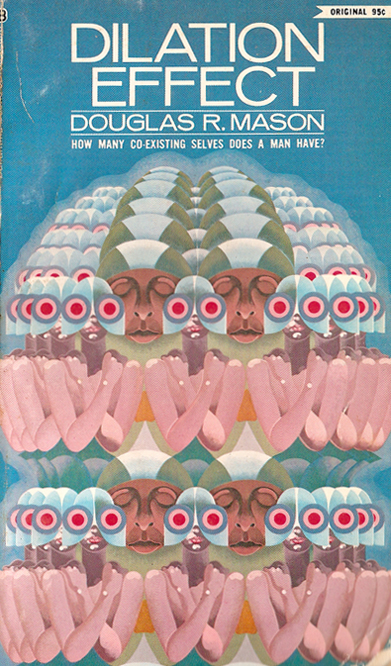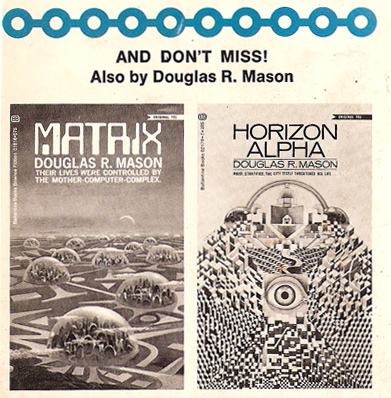Here’s another perfect example of folk sci fi:
via mockitecture.
Over the past week I’ve found two images that I’d like to share with y’all that exemplify the folk sci fi aesthetic that I’m trying to track here.
Folk sci fi happens when sci fi memes acquire new meanings in folk culture (outer space as salvation).
frommount olympus.
Folk sci fi is when images of modern technology manifest themselves in traditional crafts.
“The phone in your hand is the bridge between the virtual and real worlds”
from business week magazine.
If only they were really thinking multidimensionally – instead this next net is just another incarnation of the “multigenerational ponzi scheme” we’re all trapped in.
2020-06-29 update: The article that was the source of the first quote is gone, but the source of the second (a Kim Stanley Robinson interview) is summarized in this Resilience Science article.
kachina performs upgrade ritual, cave salamanders look on
busted butte OR the evening deadness in the west
When I was in Houston I also went to Kaboom Books and picked up a whole stack of musty sci fi. Here’s the first sample:

I really wish that they had “Horizon Alpha”, but I couldn’t find it there and there aren’t any large images of the cover on the internet, unfortunately.

Lebbeus Woods was hired on as “conceptual architect” for an early, unreleased incarnation of the movie “Alien III”.
The plot sounds like it would’ve been way more interesting:
“The story of the Ward movie was radically different, though it deployed the same basic characters, in that the setting was a religious colony that had escaped the earth and inhabited an abandoned commercial facility deep in space. They had adopted a Medieval way of life, without electricity or modern technology. The Ripley-Alien drama was to be played out inside this crumbling, artificial world.”
via lebbeus woods
from twi-ny.com’s flickr
I went to Houston this past weekend and saw the “Color into Light” show at the MFAH. There was some pretty amazing work but the highlight was the installation “Cromosaturacion” (the above image is from a different version in another location). Glade and I at first thought that there was a fog machine in there but no, the light transformed the space so completely that it just seemed like we were walking through a dreamscape. And this was from the mid sixties! Truly a surreal experience.
But beyond that, I recommend the whole show highly. A nice multigenerational, multicultural spectrum of highly aestheticized yet still conceptual work, including some interesting Latin American artists that I had never heard of before, two early 70s Frank Stella paintings, and interactive pieces built in processing/JavaScript/C++. Check it out y’all.
viavictor timofeev
Timofeev’s drawings of fantastic, geometric architectural scenes are amazing. The Rubik’s cube and other, more platonic forms are constantly being transformed, sliced, and placed in strange topologies. Although related to the tradition of abstraction (and pop art, with the Rubik’s), they most strongly recall the drawings of visionary architects. Its interesting to see similar drawings being made without the same intent; namely, to construct something (no matter how improbable that construction may be). These drawings liberate that tradition from ideology so that they can be explored apart from the problematic idea of a utopia. They allow us to enter a world of pure geometric play.
via Eric Rudd’s website.
I just finished The Art World Dream: Alternative Strategies for Working Artists by Eric Rudd. The idea behind the book is that artists can (and should?) work outside of institutional support to produce great art. You don’t need gallery shows to make major installations, and you don’t need your work to end up in a museum for your work to be preserved for future generations.
And what is the key to freedom? Real estate, and lots of it. The more studio space that you have, he argues, the greater art that you can make (because you have the space to think big). If you own that real estate, you don’t have to worry about gentrification-through-aestheticization raising your rent prices, and you can rent part of it out to fellow artists. A central concept here is that an artist doesn’t really want to be rich – an artist just wants to make enough money to be able to live in some sort of comfort and to keep funding their artwork. Although Rudd mentions the Internet (capital i) several times throughout the book, the one thing he doesn’t mention is perhaps the most important of all – the digital studio is limitless.